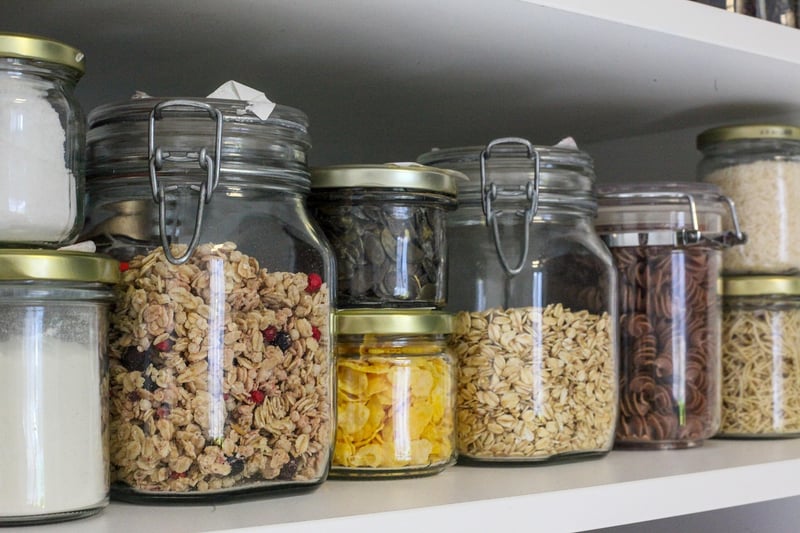Zero Waste Kitchen
Practical Tips for Eco-Conscious Living and Zero Waste Kitchen
Introduction
Living an eco-conscious lifestyle is not only beneficial for the environment but also for your health and wallet. One significant aspect of reducing your carbon footprint is adopting a zero-waste approach in your kitchen. Here are some practical tips to help you live more sustainably and create a zero-waste kitchen.
1. Reduce Single-Use Plastics
Avoid using single-use plastics such as plastic bags, straws, and utensils. Opt for reusable alternatives like cloth bags, stainless steel straws, and bamboo utensils. This simple swap can significantly reduce the amount of waste you generate.
2. Compost Food Scraps
Instead of throwing away food scraps, start composting them. Composting not only reduces landfill waste but also creates nutrient-rich soil for your garden. You can compost fruit and vegetable peels, coffee grounds, and eggshells.
3. Buy in Bulk
Buying items in bulk can help reduce packaging waste. Look for stores that offer bulk food options where you can bring your own containers to fill up on essentials like grains, nuts, and spices. This way, you can avoid unnecessary packaging.
4. Use Reusable Containers
Store leftovers and meal preps in reusable containers instead of disposable plastic wraps or bags. Glass jars, stainless steel containers, and beeswax wraps are excellent alternatives that are both eco-friendly and convenient.
5. Grow Your Own Herbs
Start a small herb garden in your kitchen or balcony. Growing your own herbs not only adds freshness to your dishes but also reduces the need for store-bought herbs packaged in plastic. It's a sustainable and rewarding practice.
6. Opt for Sustainable Kitchen Products
Choose kitchen products made from sustainable materials like bamboo, stainless steel, or glass. Replace plastic scrub brushes with bamboo or coconut fiber brushes, and swap paper towels for reusable cloth towels. These small changes can make a big impact.
7. Meal Plan and Reduce Food Waste
Plan your meals ahead to avoid overbuying groceries and wasting food. Be creative with leftovers and try to incorporate them into new dishes. By reducing food waste, you not only save money but also help the environment.
Conclusion
By implementing these practical tips for eco-conscious living and creating a zero-waste kitchen, you can make a positive impact on the planet while enjoying a more sustainable lifestyle. Start small, make gradual changes, and inspire others to join you on the journey towards a greener future.

